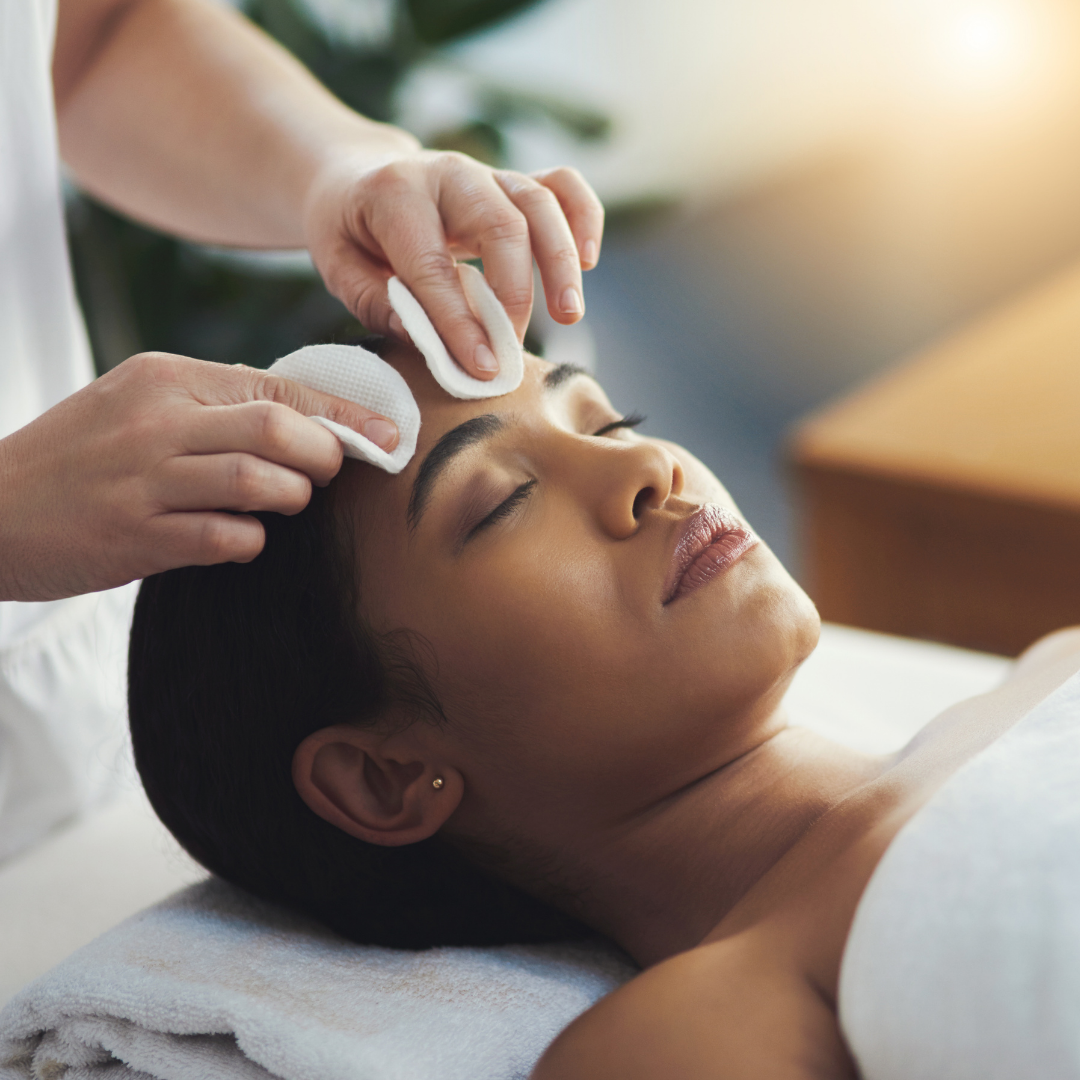
The Truth Behind the Link Between Nutrition and Hair Loss, from a Hair Specialist
Hair loss is a common issue that millions of people struggle with across the globe, and for some, this problem can overtake their lives, and overrun their minds.
Dr. Sharon Wong, hair specialist and consultant dermatologist, joins our registered nutritionist at Kurami, to discuss the ins and outs of hair loss, how it is interlinked to skin health, and just how big of a role nutrition plays within managing this problem.
Watch the full Instagram live here.
G: Good morning, Dr. Sharon, and thank you for joining us. You are a hair specialist and consultant dermatologist. Tell us more about your role!
More recently, actually, colleagues have coined the term Trichoderm which I quite like because it describes what I do in one word. I work as a consultant dermatologist, and I treat patients with all sorts of diseases such as eczema, acne, psoriasis. However, what is not very well known, is that dermatologists are also the specialists to see if you have a hair loss problem. It may not seem that there is an obvious connection, but it is the hair follicle that connects these two structures, and the follicle is a dynamic structure that sits between our hair and our skin! I do hair loss clinics and I have done so for the last 10 or so years now.
G: Hair loss is a common issue amongst many. What do you believe are the root causes of this?
Healthy skin is required to support a healthy follicle. A good analogy is the requirement of healthy soil to support a healthy plant; it is the same sort of relationship. Your hair follicles are incredibly sensitive to your nutritional intake, your general wellbeing, and your overall lifestyle choices. After the bone marrow cells, and the cells in your gut, your hair follicle cells are the next to most rapidly divide—it is constantly being replaced. Therefore when you quickly lose weight, hair is usually the first to go as it is not required for survival, and energy, instead, goes to more important organs.
Moreover, females are actually more at risk of hair damage compared to our male counterparts due to the usual hair habits that we practice. This includes excess heat and weathering. This can start to degrade the proteins in the hair, leading to hair loss.
Genetics also play a very important role. The most common form of hair loss, actually, is genetic hair loss. When you look at the division between male and women, there definitely is a big difference in how genetics play a role between the two. With females, hair loss is linked to a complex variety of factors such as hormones, pregnancy, menopause, and so many more! When it comes to nutrition, issues such as iron deficiency due to our menstrual cycle or lack-of, can cause hair and skin damage to become far more common and complicated in women.
G: How often do you see stress playing a role in hair loss?
One issue that we see quite often is the effect of acute stress, causing Telogen effluvium, which is where you shed small clumps of hair. With this, there is a dramatic shrinkage of hair throughout the body; this can occur due to weight loss, nutritional deficiencies, postpartum, and more. In a healthy scalp, normally 90% of your hair should be in the growing phase, whilst 10% is being shed. Stress has also been seen in other forms of hair loss such as Alopecia, which can be triggered by a certain event.
We have biologically matched stress as a pathway to the cause of hair loss, so we know that stress can increase the amount of cortisol being produced by the body, creating a highly inflammatory environment. This disrupts the nerve endings in the skin, altogether disturbing hair growth. The event of experiencing hair loss can also quickly become stressful in itself! This can drive further hair loss, leading into a vicious cycle.
Yes, it is very easy for me to write a prescription and medicate a client, however the stress must always be addressed to get to the root cause of the issue.
G: Is nutrition a topic that you discuss regularly with your clients? If so, why is this important within your practice?
Absolutely, I always ask about nutrition! There will always be a set of standard questions that I ask. It is interesting because, with veganism and restrictive diets for example, there has been a huge increase in these lifestyles and consequently, we have also seen a sudden rise in hair loss.
Many patients come in with bags of supplements that they are taking. One lady was taking 30 different supplements in one day! The supplement industry is huge as it is very accessible; all that it needs to qualify for distribution is that it is safe for human consumption. What they claim they do, however, is a completely unregulated territory. I always tell patients that there is no real evidence that you need to supply certain nutrients that you may not even be deficient in. The best way to get your nutrients in is always through your diet, unless you have serious issues such as malabsorption or serious gut issues. Additionally, over-consumption for certain supplements can cause more harm than good. Screening for nutritional deficiencies is something that we always do in-clinic.
S: As a nutritionist, what can you tell us about the impact that good nutrition can have on our hair health, as well as our overall well being? And do you have any particular ratios that you follow?
It is important that we address the balance of foods accurately. It seems that it is quite common that many are unable to get their balance of foods right.
We have the EatWell guide in the UK, and a third of the guide stipulates fruits and vegetables. We know without question that vegetables provide an abundance of plant power, whilst fruits are filled with vitamins. Carbs are also recommended to uptake a third of our diet; there are such a vast variety of carbohydrates, from starchy carbohydrates, to ancient grains which we provide a variety of in our meal paths at Kurami. These are also able to provide a high quality source of dietary fibre, and protein. The rest of the guide is made up of protein-rich foods. I try to encourage people to eat more fish, beans and pulses, and nuts and seeds!
Eating a varied, balanced diet is not rocket science. Making sure that you are eating a wide array of nutrients and food groups is what is most important.
S: Do you value any specific key nutrients for optimum hair health?
Yes, we focus on a few. There are specific nutrients to maintain a healthy head of hair, and overall, it comes down to biotin, selenium, and zinc intake. These are the specific micronutrients according to the Nutrition and Health Claims Register, which we refer to as the Gold Standard when it comes to providing advice for specific nutrients.
These micronutrients come from a spectrum of foods such as fruits and vegetables, nuts and seeds such as Brazil nuts which serve as a key source of selenium, meats, fish, and dairy! Therefore, I always recommend paying particular attention to what you are eating and that you are able to get all of these nutrients from the food that you consume, especially if you are following a more plant based diet.
G: We work to provide nutritionist-approved and chef-crafted meals to busy professionals around London. Do you believe that a service like ours would be helpful to recommend to your clients, especially those that may struggle with changing their lifestyle?
Yes, it can be very helpful to suit the lifestyles of many. We are getting busier and busier, and it is getting harder to ensure that we are consuming all of the nutrients that we require. It takes recipes, nutrients, tasting and flavour, and preparation— it is time consuming! There is a lot that we want to do to improve our health, however time is a real limiting factor, therefore consistency is key so we can get our nutrients in regularly. Kurami can easily provide this through their service.
Overall...
Hair loss may appear to be a complex issue due to the vast number of contributing factors, however through this in-depth discussion, Dr. Sharon Wong, and Kurami nutritionist, Georgine Leung, were able to reveal the variety of options available for those that suffer with this issue.
Similar to what we advocate at Kurami, healthy hair must be achieved through firstly nourishing yourself from within. Allow us to pamper you by providing you with our service.
KURAMI is a premium meal delivery service with a unique focus on gut health. All KURAMI meals are nutritionist approved, and chef crafted, to ensure our clients receive balanced and delicious meals ready to eat, right at their doorstep.
Discover beauty from within today, by taking the first step of your Kurami journey.



